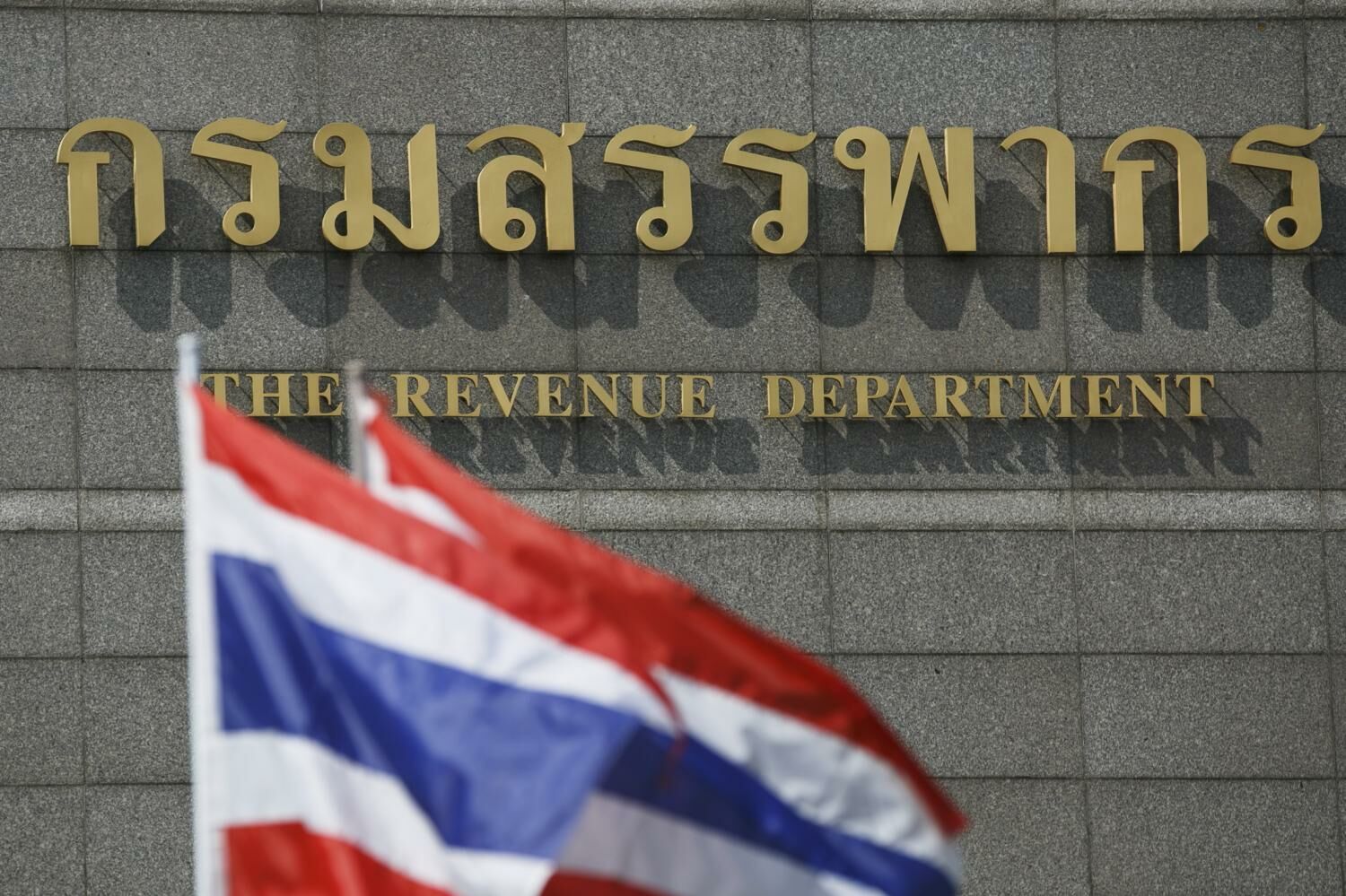Thai government’s revenue collection could fall short in 2024

Deputy Finance Minister Krisada Chinavicharana expressed concerns that the government’s revenue collection for fiscal 2024 might not surpass the target, unlike the 174 billion baht (US$4.8 billion) surplus witnessed the previous year. This was announced at the Outstanding Revolving Fund Award event held yesterday.
The government has projected an expenditure budget of 3.48 trillion baht (US$96 billion) for fiscal 2024, with an anticipated revenue of 2.73 trillion baht (US$75 billion). This creates a budget deficit of 693 billion baht (US$19 billion). The deputy finance minister voiced concerns over the high revenue projection amidst an expected decrease in GDP growth, which is predicted to fall below the previously estimated 3.8%, reported Bangkok Post.
The National Economic and Social Development Council (NESDC) recently revised the GDP growth forecast for 2024 down to 2.7% from 3.2%. This revision may affect the government’s revenue collection for the fiscal year.
However, Krisada also stated that the Finance Ministry is prepared to utilise any excess revenue for public benefit. This could see the continuation of schemes like the ‘Shop Dee Mee Kuen’ tax rebate scheme and ‘Khon La Khrueng (Half-Half)’ co-payment subsidy.
The extension of the 1 baht per litre excise tax cut on diesel fuel, set to end on April 19, is also being considered. The government has signalled readiness to provide this subsidy if the revenue exceeds the target. This also applies to the expansion of the loan guarantee for the Oil Fuel Fund.
Previously, the Cabinet approved an executive decree allowing the Finance Ministry to provide loan guarantees worth up to 150 billion baht to the Oil Fuel Fund. This fund required the loans to subsidise oil prices. There remains 30-40 billion baht (US$833 million-1.11 billion) of the loan yet to be guaranteed.
The ministry has introduced several fiscal measures to stimulate public consumption and economic revival, such as maintaining a budget deficit and implementing the Easy E-Receipt tax rebate scheme. Other steps include lowering land and building tax and property transaction fees, capping loan interest rates at state-owned financial institutions, and expediting the disbursement of the fiscal 2024 budget.
The ministry also proposed to the Bank of Thailand a renewal of softer loan-to-value limits for mortgage lending. This would enable homebuyers to borrow up to 100% of home prices, considering the significant role the property sector plays in economic growth.
Latest Thailand News
Follow The Thaiger on Google News:


























